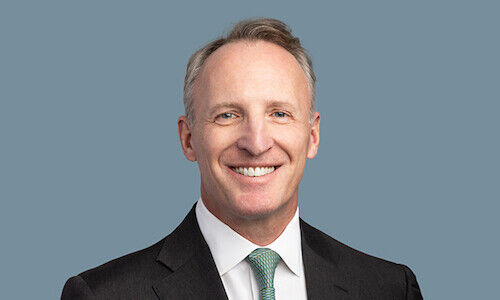Switzerland's central bank has kept its monetary policy ultra-loose amid a slump in the euro zone and flight into the franc. That is about to change, an economist claims – which would be seismic for banks.
The Swiss National Bank (SNB) has been caught in the crossfire of Europe's more than two-year monetary easing program, meant to kickstart a languishing euro zone economy.
The SNB has held its benchmark interest rate – which it defines as a target band – below zero since December 2014, and imposed charges on Swiss franc deposits to dissuade nervous investors from fleeing into francs.
Now, with interest rates in the U.S. on the rise as the American economy gathers pace, signs of life in Europe, and a balance sheet laden with euros from currency interventions, the Swiss will ditch their ultra-loose monetary policy, economists from Wellershoff & Partners in Zurich said in a study (in German).
Seismic for Banks
«In view of the improved economic and fiscal situation in Europe, a considerably higher inflation rate in Switzerland and the SNB's monstrously swollen balance sheet, we expect the central bank to abandon its ultra-expansive policy in coming months,» the study's authors, Klaus Wellershoff and Markus Schmieder, wrote.
The U.S. Federal Reserve is expected to raise interest rates at its next monetary policy decision, on Wednesday.
Any sign that Swiss monetary relaxation is also coming to an end would be seismic for banks, which have been struggling with ultra-low interest income and even charging each other over the going rate for Swiss franc deposits – 0.75 percent – to smoothen their own bottom line.
Economists are in agreement that Switzerland will have to normalize – i.e. hike – interest rates and abandon the punitive fees on Swiss franc deposits eventually. Most banks see this happening late next year, and not in coming months, as Wellershoff predicts.
Bloated Reserves
J. Safra Sarasin even says that the SNB, which discloses its spring monetary policy assessment on Thursday, will drop rates lower before raising them. The central bank targets a three-month Libor band, currently -0.25 percent to -1.25 percent.
The SNB, which didn't comment on the study, will return its focus to maintaining price stability, as opposed to fighting the strong Swiss franc, Wellershoff said. Its foreign currency holdings from fighting the franc rise are larger than Swiss gross domestic product – 674 billion francs – according to data released on Tuesday.
«We expect the SNB to pull back its intervention volume, even if it means a temporary strengthening of the franc against the euro, in order to limit the long-term risks to its monetary policy,» Wellershoff argued.


























